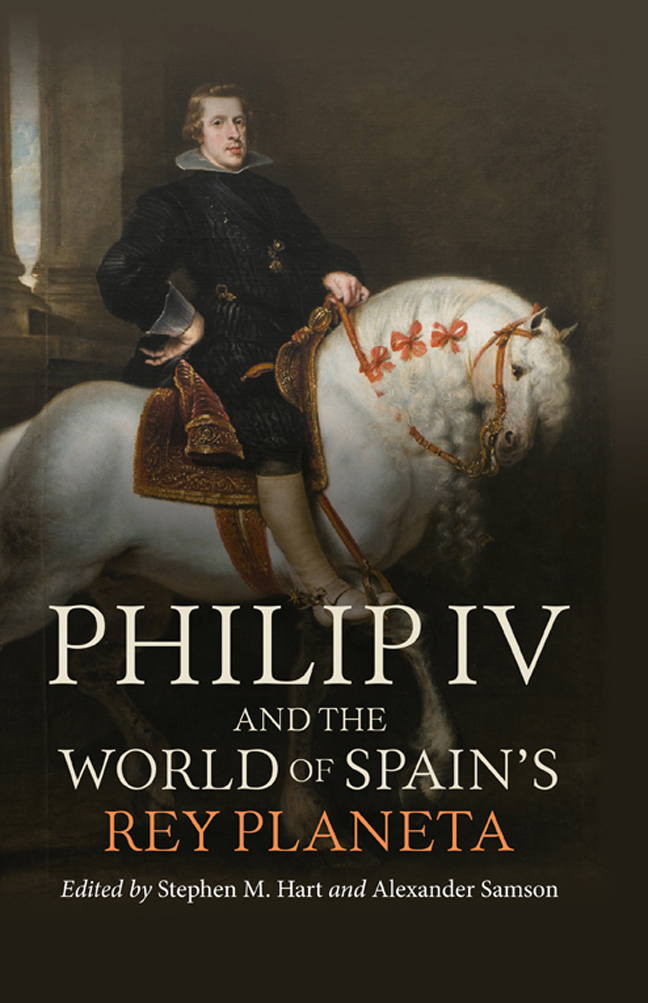8 - Do you paint, or give life? The Power of Diego Velázquez's Lifelike Portraits of Philip IV
Published online by Cambridge University Press: 15 February 2024
Summary
‘Diego Velázquez was painting King Philip IV with such a graceful sense of movement and so majestic and august an expression upon his countenance as to so excite my sense of deference that I went down on one knee and lowered my gaze.’ Diego de Saavedra Fajardo, one of Philip IV's most experienced diplomats, offered this tale of his own knee-jerk deference shown towards Velázquez's portrait in a series of passages in his República literaria (c. 1642), which drew on Pliny the Elder's much-read accounts of the greatest artists of the Ancient World. At one level, he was invoking humanity's timeless sense of wonder at naturalism in art that presumably long predates the famous story of the birds which tried to eat Zeuxis's painted grapes. As the great Castilian court wit and poet Francisco Quevedo put it in his eulogic silva ‘To the paintbrush’ (Al pincel);
Tú, si en cuerpo pequeño, eres, pincel, competidor valiente de la Naturaleza, hácete el Arte dueño De cuanto crece y siente.
(Oh paintbrush, you may be small of body, / but you are powerful competition / for Nature, / for Art makes you master of / everything that is growing and sentient.)
Saavedra was very influential in shaping notions of kingship at Philip's court; and Saavedra too had called painting the ‘marvellous art’ which ‘demonstrates its power over all things’ in his Empresas políticas (1640). ‘If painting is not Nature [herself], then it is so like her that [painted] works deceive the the eye.’ For all that ‘painting cannot give spirt to a body, it can give it grace, movement, and even the appearance of a soul… If Nature could be jealous, she would be jealous of art’, he wrote. In the República, Saavedra suggested that jealousy had indeed driven Nature to rob the Spanish royal painter Juan Fernández de Navarrete ‘El Mudo’ of his voice, precisely because she had foreseen he would become renowned for his ability to imitate her works.
Saavedra's account of his physical response to seeing Velázquez's portrait is both erudite cliché and firmly rooted at the intersection of art and politics, culture, and propaganda.
- Type
- Chapter
- Information
- Philip IV and the World of Spain's Rey Planeta , pp. 167 - 191Publisher: Boydell & BrewerPrint publication year: 2023



